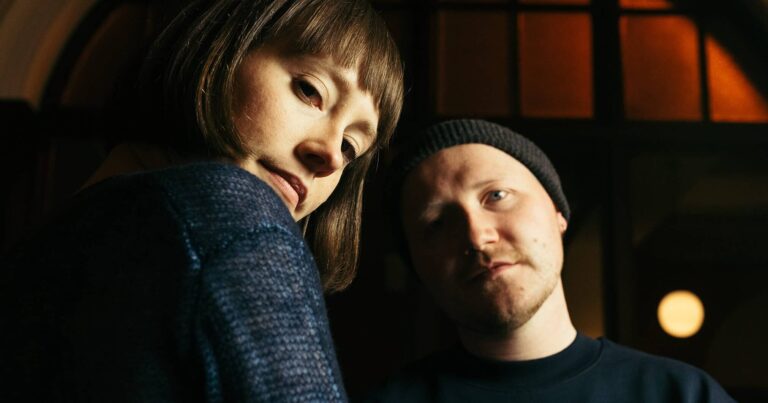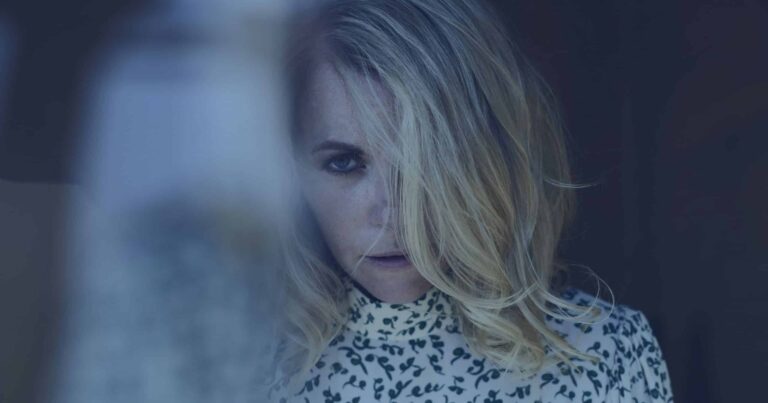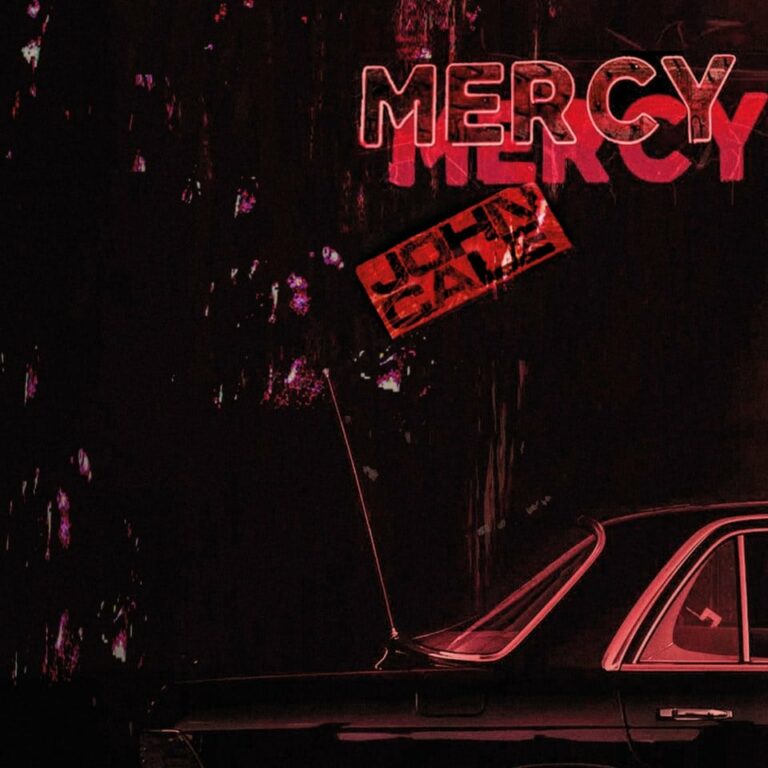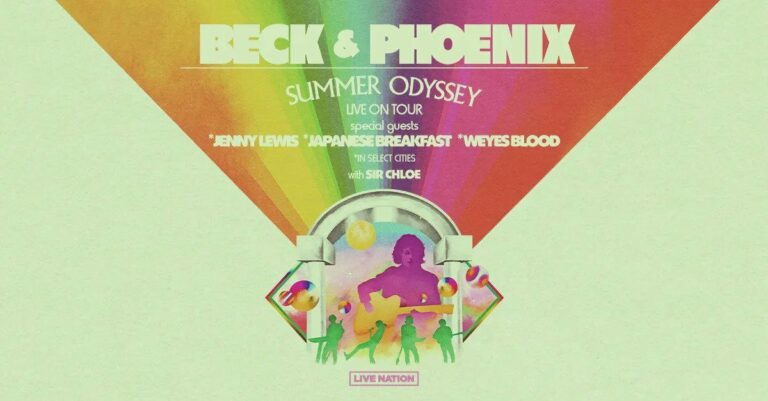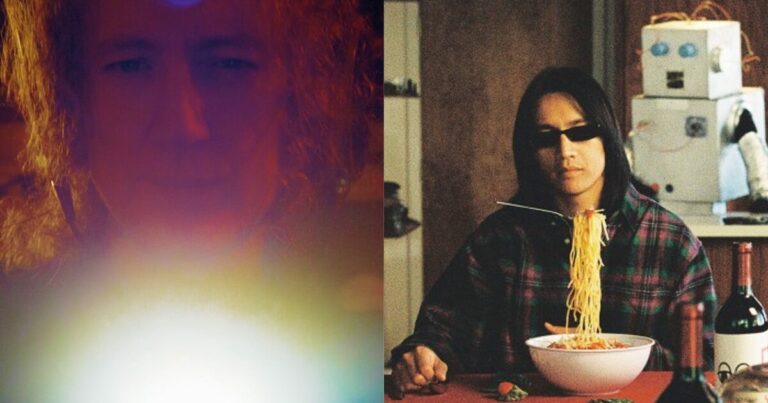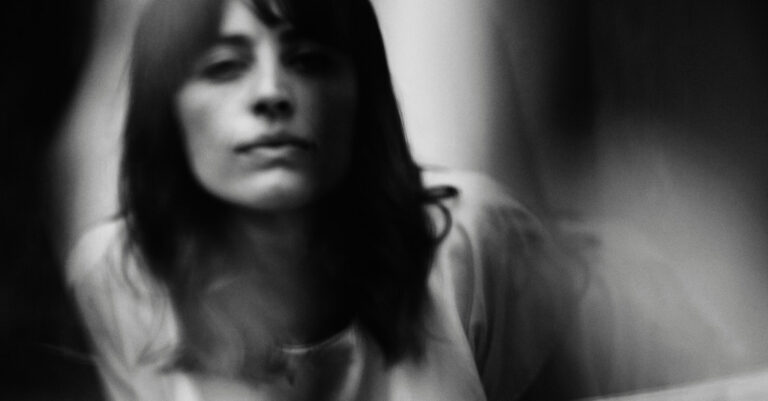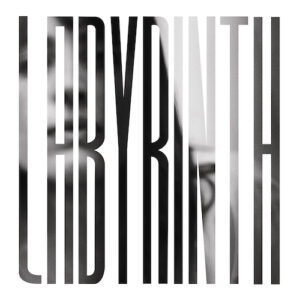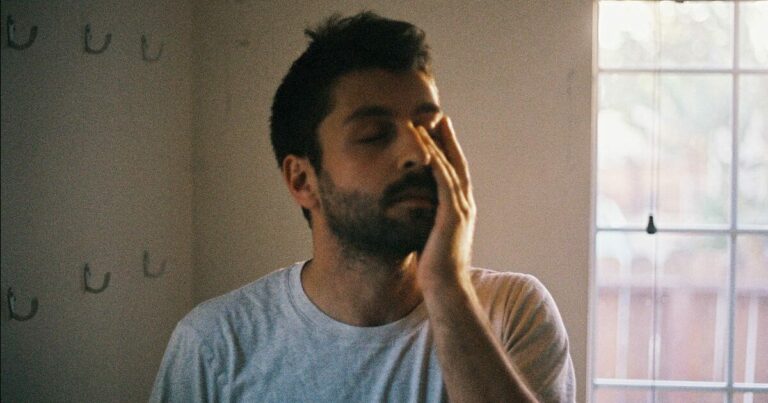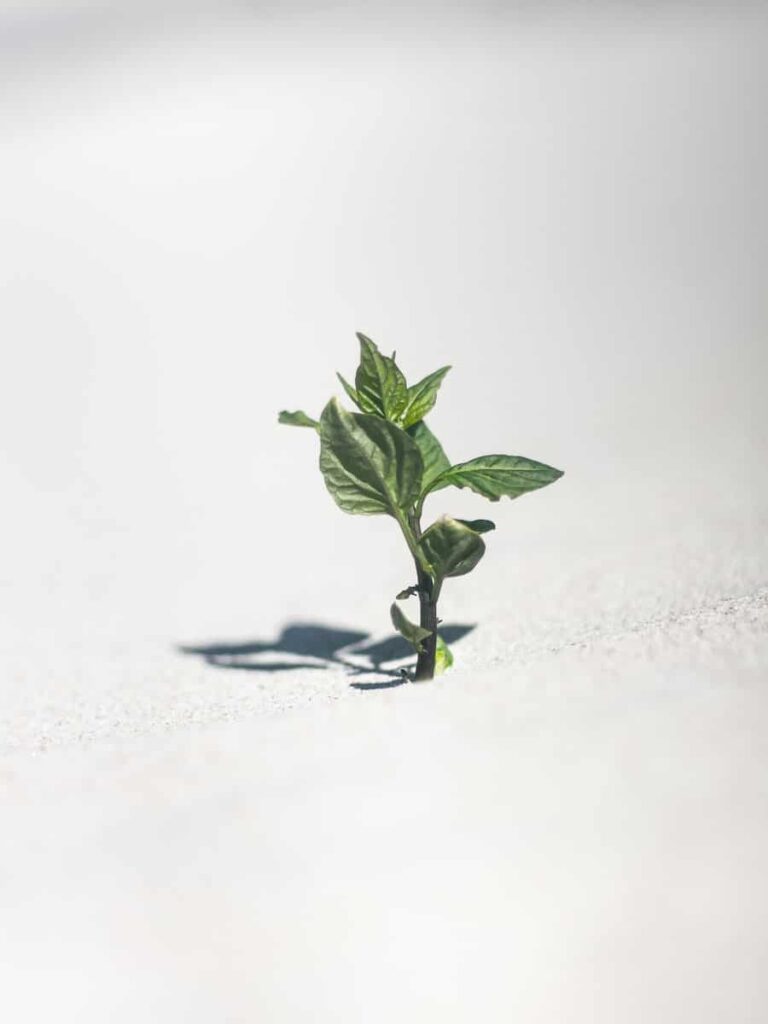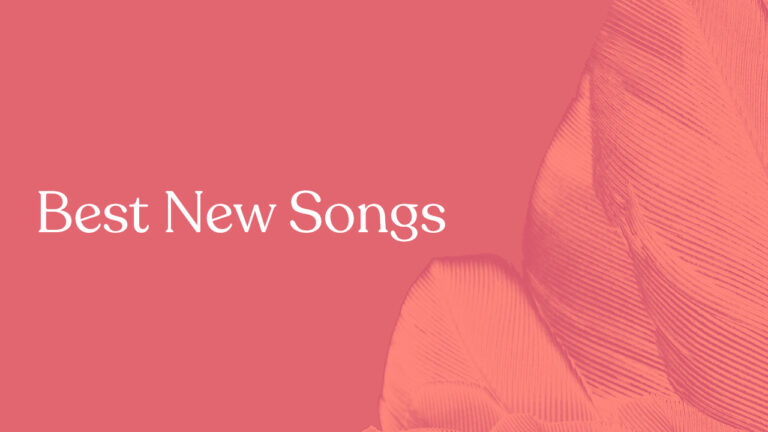As the head of a nonprofit organization, you’re well aware there are various fundraising strategies you may employ. You are always rethinking your tactics and looking for new ways to advance your cause. It is crucial to utilize up-to-date fundraising technologies in order to efficiently manage operations, engage with donors, and raise awareness about your cause.
Technology advancements have made a dramatic impact on the fundraising industry. Thus, it may be time to try something new in your campaigns if you still employ antiquated practices like sending actual thank-you notes to donors.
In the digital era, where you can do almost anything online – even gamble from the comfort of your home on Sloto – you can surely get technologies that can support your fundraising activities. Here is a list of the most effective online fundraising options for nonprofit organizations.
- Donor Research Tools
By conducting donor research, you can learn more about your present supporters and reach out to potential new ones. Your marketing efforts will be more successful once you have a clear picture of who is interested in your cause.
Do you know the median age of your contributors? Where exactly do they make their home? What kind of employment do they do? Find out how generous they tend to be. A cutting-edge donor research platform will have the answers to these issues. When a user makes a donation, the system records details about them and adds them to a continually updated database.
These frameworks are easy to learn and adapt to your requirements. That data may be readily available to you, the user. By compiling demographic data such as age, social media profiles and occupation, you can construct a detailed profile of a potential donor.
- Volunteer Management Tool
Finding and keeping reliable volunteers is a challenge for many nonprofits. There used to be a great deal of paperwork and calls involved in managing volunteers.
Information about your volunteers, like their availability and contact details, may now be kept in one convenient location. Volunteers can be kept up-to-date on the progress of individual projects through the use of automated emails.
Tools for managing volunteers can help you stay on top of your many projects and charity groups.
- Fundraising CRM
You could lose money and donors if you aren’t using a donor management system. These resources are useful for spreading the word about your campaign, convincing potential contributors to contribute, and keeping in touch with current backers.
Using a customer relationship management system has several benefits, but one of the most attractive is the reduction in paperwork. Commonplace chores in campaign administration, such as evaluating data, polling participants, and assembling thank-you mailings, will be within your reach.
Reports may be accessed from anywhere, making it possible to monitor a campaign’s development and evaluate the efficacy of various tactics with relative ease. You may tailor your CRM to your NGO’s operations for maximum convenience and productivity.
- Text-To-Donate
People spend about 4 hours a day, every day, staring at their phones. Buying clothes, event tickets, and even paying rent are just some examples of things people do on their smartphones. That doesn’t mean they can’t give to your cause.
You will lose a lot of money if funders must go to great lengths to send you funds. The best solution would be to give contributors the ability to make instantaneous contributions. Donors may quickly and easily support your cause using text-to-donate fundraising tools.
- Crowdfunding Tools
Independent businesses, musicians, and nonprofits can all find success with crowdfunding projects. More money and attention will be given to your cause if you have a crowdfunding page that is both unique and attractive.
Create interesting material, which is the most crucial aspect of a successful crowdfunding website. Blog posts, videos, as well as other forms of media can be used to educate and enlighten the public about your cause. To monitor the success of each page, a top-tier crowdfunding platform will furnish you with comprehensive monitoring and statistics.
You can see how many individuals have visited, who has donated, how long they stayed, what they did while there, and what material they interacted with.
- Payment Processing Tools
To accept donations and other payments online, you’ll need payment processing software to facilitate the transaction behind the scenes. This tool essentially serves as a mediator between the organization, donor, and financial institution.
An effective payment processor typically empowers nonprofit organizations to process contributions through multiple payment methods, offers a simple user interface, produces ready-built and custom reports, and maintains high payment security standards.
They should also integrate with other nonprofit solutions.
- Events Tool
Organizing a fundraising event is generally the best course of action to attract new donors, enhance donor participation, and raise more money. As a result, software designed specifically for such events can help with all stages of the event’s lifecycle.
Fundraising tools for events should facilitate the creation of online event pages to publicize the activities.
It should allow for digital bidding at auctions and provide free and paid admission alternatives and interactive in-person, online, and hybrid experiences. In addition to ticket sales, other forms of financial support can be collected with the help of some tools.
Take Away
Cutting-edge fundraising software is available to help groups like yours make the most of the shift to digital fundraising. With the correct tech stack in place, your team can raise more money faster and with fewer headaches.
